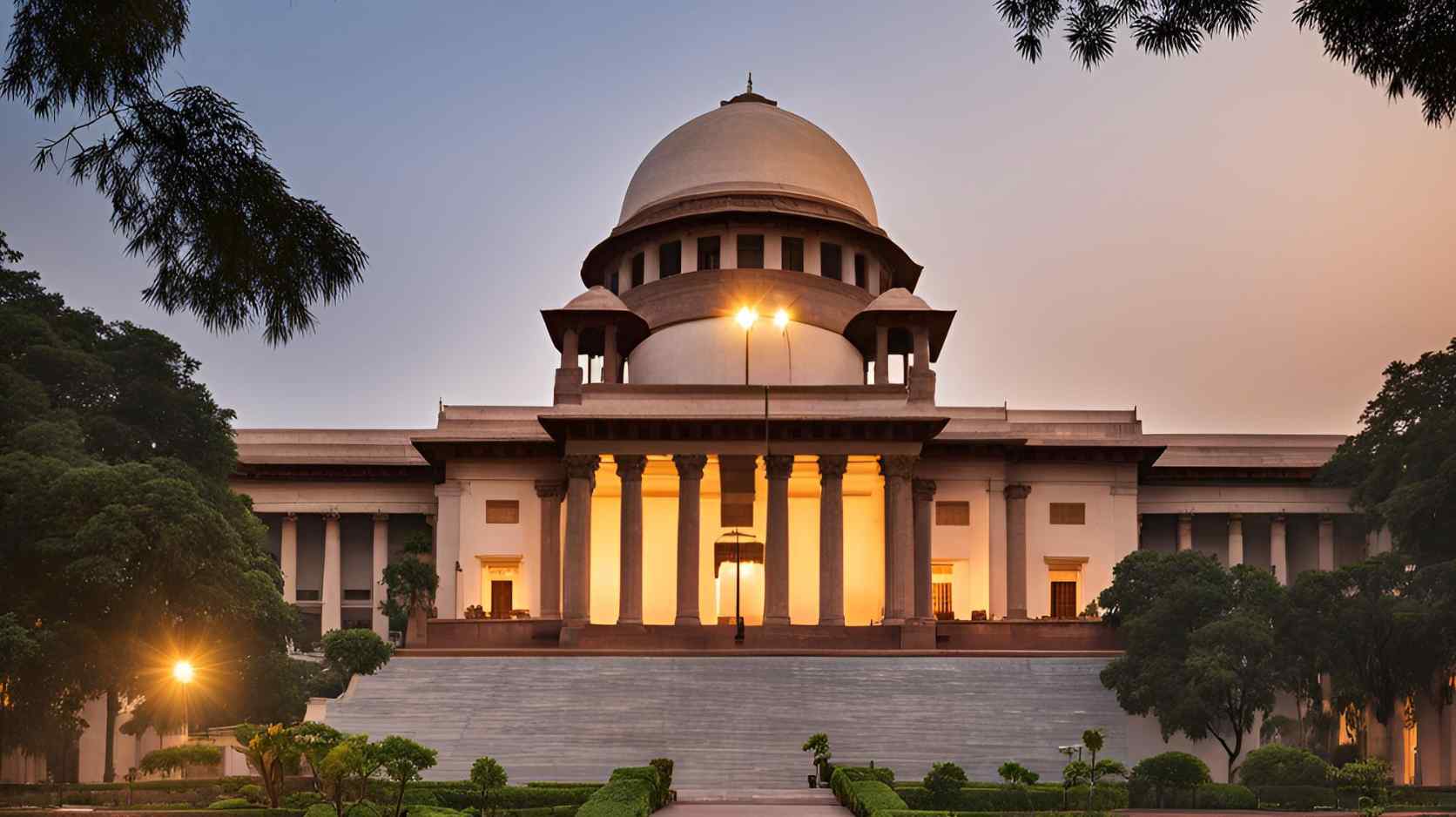SC Dismisses SLP, Upholds Gauhati HC’s Ruling on Arbitration Agreement & Legal Representatives
Key Takeaways
- Supreme Court: Arbitration agreement does not cease on the death of a party.
- Legal heirs of a deceased partner can enforce or be bound by an arbitration agreement.
- SLP dismissed against Gauhati High Court’s ruling under Section 37(1)(a) of the Arbitration and Conciliation Act, 1996.
The Supreme Court of India has held that an arbitration agreement does not become void upon the death of a party, and legal heirs or representatives can enforce or be bound by it.
The apex court dismissed a Special Leave Petition (SLP) challenging the Gauhati High Court’s decision, which allowed an appeal under Section 37(1)(a) of the Arbitration and Conciliation Act, 1996.
A bench comprising Justice JB Pardiwala and Justice R Mahadevan ruled that Section 40 of the Arbitration Act ensures the continuity of arbitration agreements despite the demise of a party involved.
This judgment reinforces that legal heirs inherit both the rights and liabilities of a deceased partner in a partnership agreement.
Background of the Case
The dispute arose when the legal heirs (Respondents) of a deceased partner in a partnership firm sought reference to arbitration based on an arbitration clause in the partnership deed.
The Commercial Court dismissed their petition under Section 8 of the Arbitration and Conciliation Act, 1996.
However, the Gauhati High Court overturned this ruling, holding that the arbitration clause in the partnership deed was binding on the legal heirs of the deceased partner.
Challenging this decision, the Petitioners approached the Supreme Court through an SLP.
However, the apex court upheld the Gauhati High Court’s view, affirming that legal representatives can enforce or be bound by an arbitration agreement under Section 40 of the Act.
Supreme Court’s Reasoning
The Supreme Court primarily examined whether legal heirs, who were non-signatories to the original partnership deed, could be bound by the arbitration clause in the absence of explicit consent.
Relying on its earlier ruling in Ravi Prakash Goel v. Chandra Prakash Goel (2008), the Court reaffirmed that:
📝 “An arbitration agreement does not cease to exist upon the death of a party and is enforceable by or against the legal representatives.”
The Court also cited the Delhi High Court’s ruling in Jyoti Gupta v. Kewalsons (2018), which held that merely because an arbitration agreement mentions “partners” does not exclude legal heirs from its applicability.
Consequently, the Supreme Court ruled that the legal heirs of the deceased partner, Sampat Lal Verma, had stepped into his shoes, making Clause 15 of the partnership deed applicable to both Petitioners and Respondents.
As a result, the SLP was dismissed, and the arbitration agreement was upheld as enforceable by and against the legal representatives.
Judgment Summary
- Case Title: Rahul Verma & Ors. v. Rampat Lal Verma & Ors.
- Neutral Citation: 2025 INSC 296
- Bench: Justice JB Pardiwala & Justice R Mahadevan
- Petitioners’ Counsel: AOR Shagufa Salim
- Respondents’ Counsel: AOR Pavan Kumar Chaturvedi, Advocates Nitish Kumar, Abhishek Raj, Amit Kumar Thakur & Pavan Kumar Chaturvedi















